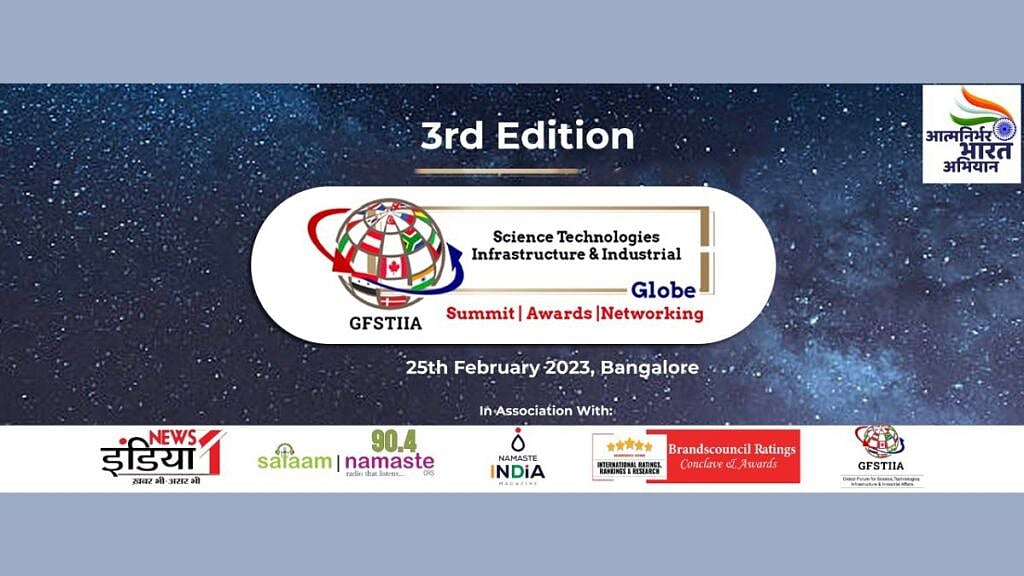Pune: Giving an insight into a career in science, Nobel laureate Harold Varmus said that science depends on societal support, we need to find a way to serve it. He gave a lecture at National Centre for Cell Science (NCCS), in Pune recently.
Elaborating on “Axioms from a Life in Science”, he walked the audience through an insightful and inspiring journey of his long, successful career in research. Being a strong proponent of open science, and a co-founder of the Public Library of Science (PLOS), one of the axioms that he shared was, “Make your work accessible to others, as soon and as freely as possible”.
NCCS hosted a public talk by Nobel laureate, Prof. Harold Varmus, who was visiting India as Raman Chair (2020) of the Indian Academy of Sciences, Bengaluru.
Who is Harold Varmus?
Prof. Harold Varmus, Nobel laureate in Physiology or Medicine (1989), developed a new theory of the origin of cancer. A physician by training, he has made pioneering contributions to our understanding of cancer as a genetic disease.
He has also actively shaped science policy through his roles as Director of two major US organizations, the National Institutes of Health (NIH) and the National Cancer Institute (NCI). As Director of the NCI, he has been instrumental in the completion of The Cancer Genome Atlas (TCGA).
Over 500 people from various parts of India, mainly students, registered for the talk, and over three hundred people attended it in-person.
10 Lessons on Career in Science
He shared ten valuable insights on how to do well in a career in science that he gained through this journey, which can be proved useful especially to students, and aspiring and young scientists embarking on a career in research. Students also got an opportunity to interact with Prof. Varmus through the Q&A session.
This talk was part of the ongoing outreach initiatives of NCCS aimed at taking science to the public.
The 10 axioms for a career in science shared by Prof. Harold Varmus:
1. Embrace a prolonged adolescence
2. Find Environments for doing science in which others are smarter than you
3. Choose scientific questions that are: Interesting; Long-range; Technically feasible…And may even someday have societal benefit!
4. Science is best practised as a team sport, not a solitary activity.
5. Don’t undervalue opportunities to engage in formal teaching.
6. Make your work accessible to others, as soon and as freely as possible. (Thanks mainly to the internet)
7. Science depends on societal support: Find a way to serve
8. Science is never free of politics: Science serves society and vice versa
9. Science is inherently international…Don’t let Brexit or right-wing, nationalistic politics spoil that
10. Science can inspire and unite us, And can teach us what it means to be human
NCCS also hosted a technical talk by Prof. Varmus on the topic, “A Half-century of Cancer Research” and organized an informal interactive session between research students, postdoctoral researchers and Prof. Varmus on 16th January.













